What role, if any, do other people play in your writing?
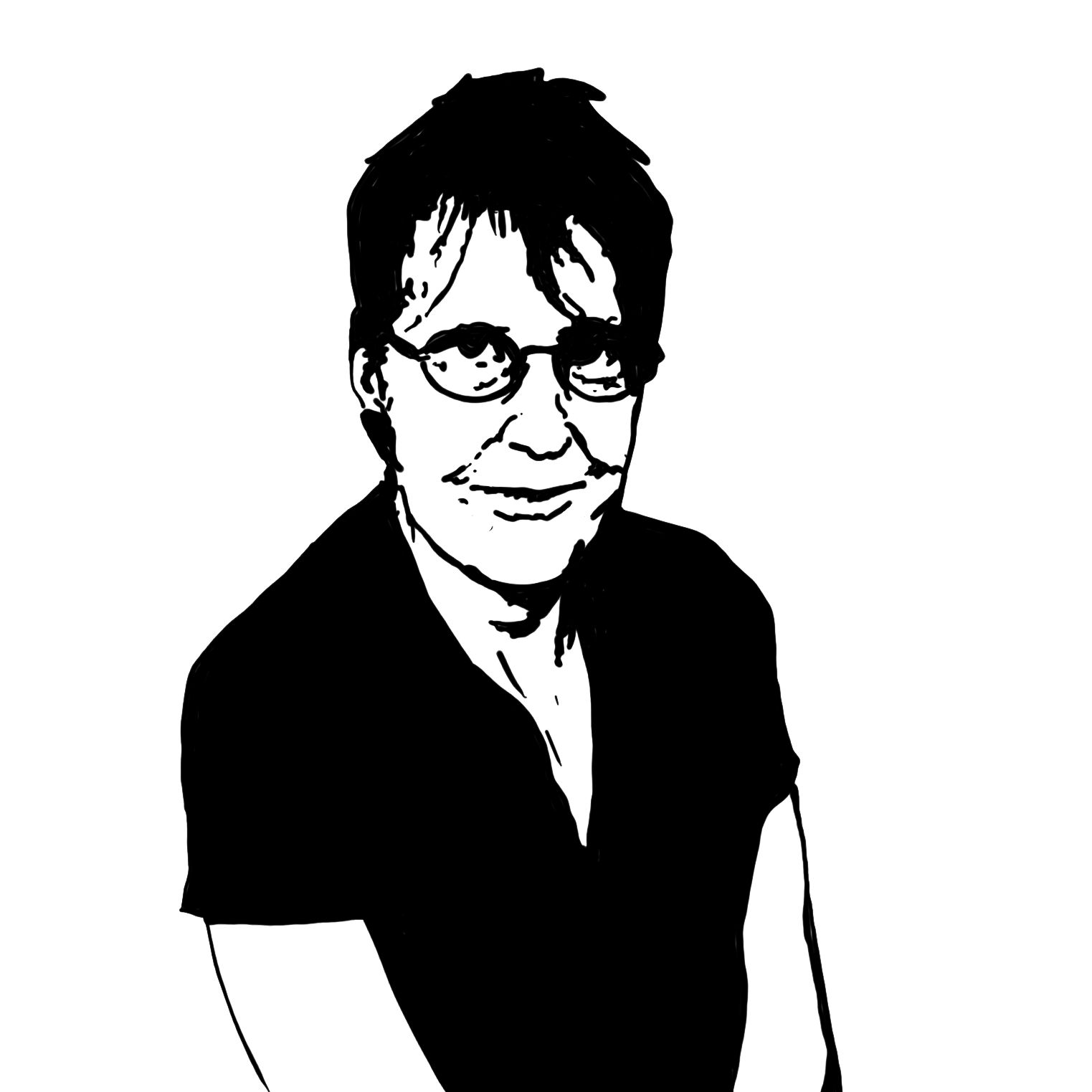
Once I start to think that my text is coming together, very often I'll do a version of it—just type it into the iPad. And I can show you. I'll send it to myself. Sometimes, I'll send it to my friend, Ron Silliman...I used to send them to more people. Lyn Hejinian, at first, and Bob Perelman, at first, and Lydia Davis, the fiction writer—she's a friend of mine. And later, Fanny Howe, too. Now, I mostly just send them to Ron...because he's very confident about what he says, first of all, and he's also very specific. He doesn't always say why he thinks what he thinks, which drives me crazy, but he gives me something to bounce off.
More from Rae Armantrout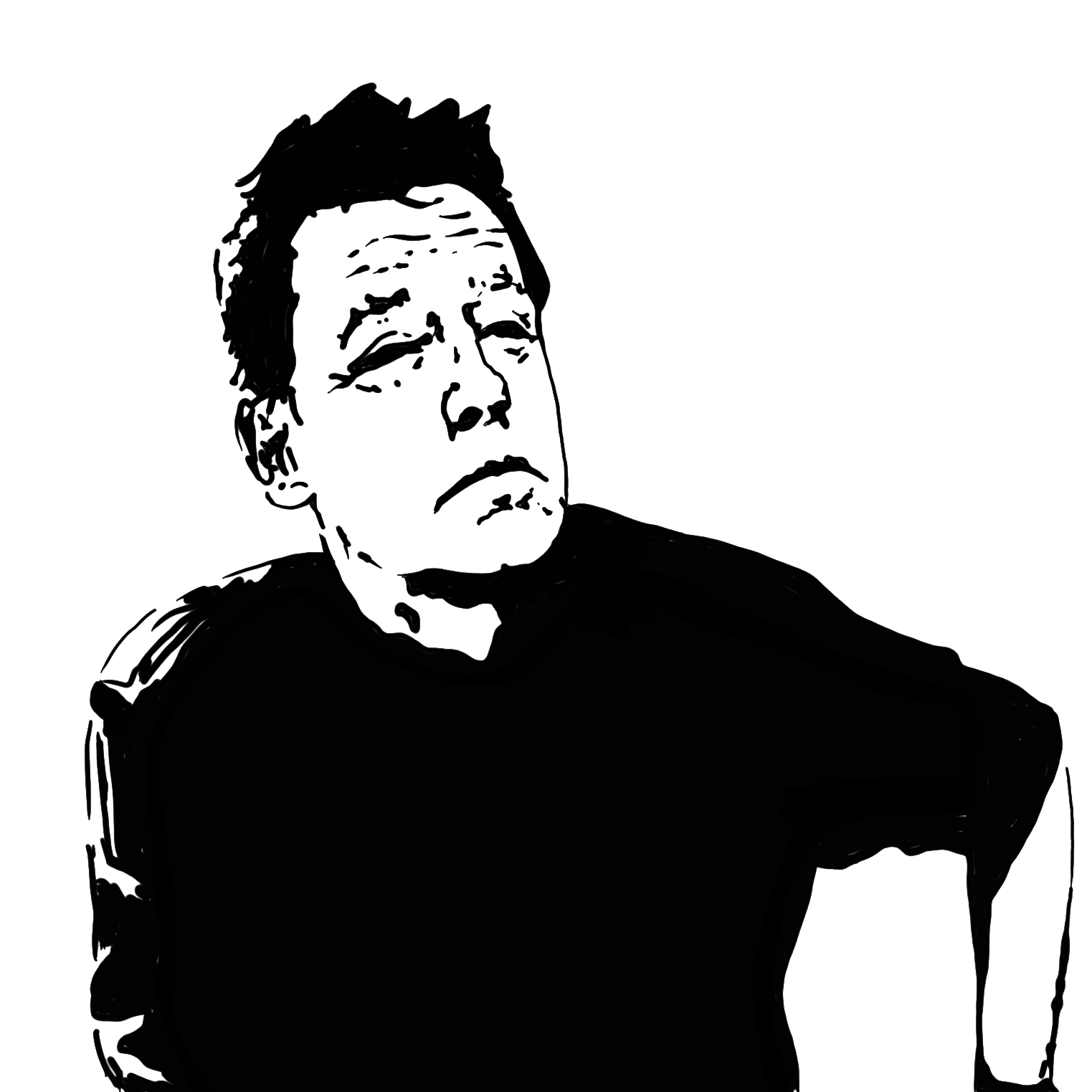
I have over here in my file cabinet a file called "Poems-Feedback from Readers," where I keep all the physical copies of all the poems that have come back from the people I've shown them to.
More from Bruce Beasley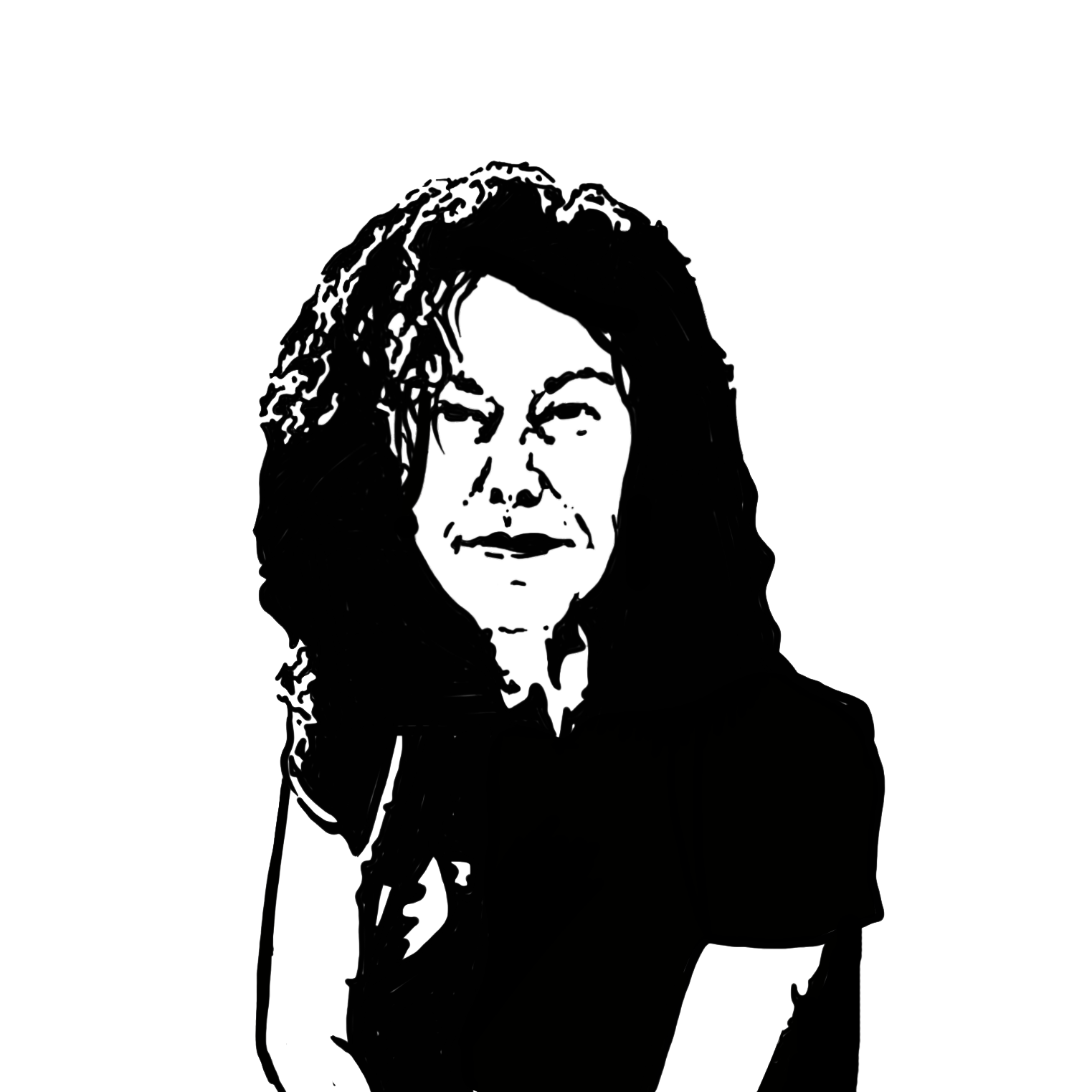
But, no, email is, I think, great for writers, for correspondence, for sending people-I mean, going back and forth with revisions. All that...these are all mediums, right? I mean, yeah, they're mediums, or technologies, or both, and they have their own characteristics. It's not the same as a genre, but no, they require different things of us as producers and consumers,and they have different effects. I find it difficult to believe that anyone would argue with that. So yeah, email has many of the same characteristics but is different from a written letter. And a letter written on a manual typewriter is different from, you know, Charles Dickens dipping his pen, if that's indeed what he did. You know. Once-not bragging-but once, I got a little letter from John Ashbury, a tiny one about something, and bet your bottom dollar I saved that.
More from Amy Gerstler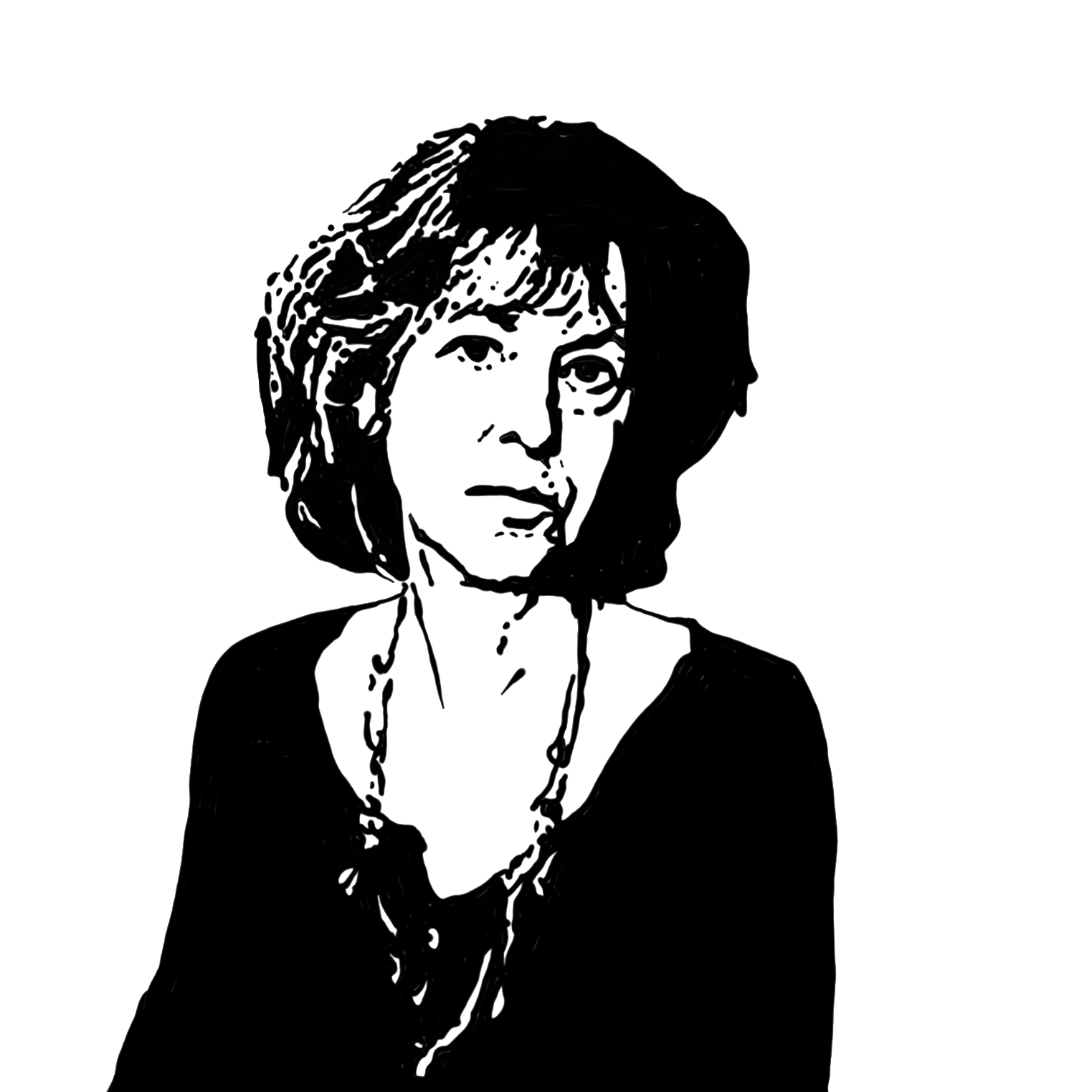
Everything I write goes out. I want someone to look at it, preferably right away—like, now. I mean, it's certain periods, certain people. Sometimes, you'll feel these poems—if they're ever going to be understood by anyone—will be understood by X. And you're usually right—when X says, "This won't do," you trust it, because the person is basically on the side of the work. Whereas if you show it to somebody who, from the outset, says, "This is just a disaster"—you know, it's too late to unwrite it. It's going to get written, and you could suppress it if you wanted, but... So, it's shifted. I mean, there are certain people who have been constant for a very long time. Kathy Davis has been stratospherically helpful, and I like working on her novels. I learned a lot from working on prose.
More from Louise Glück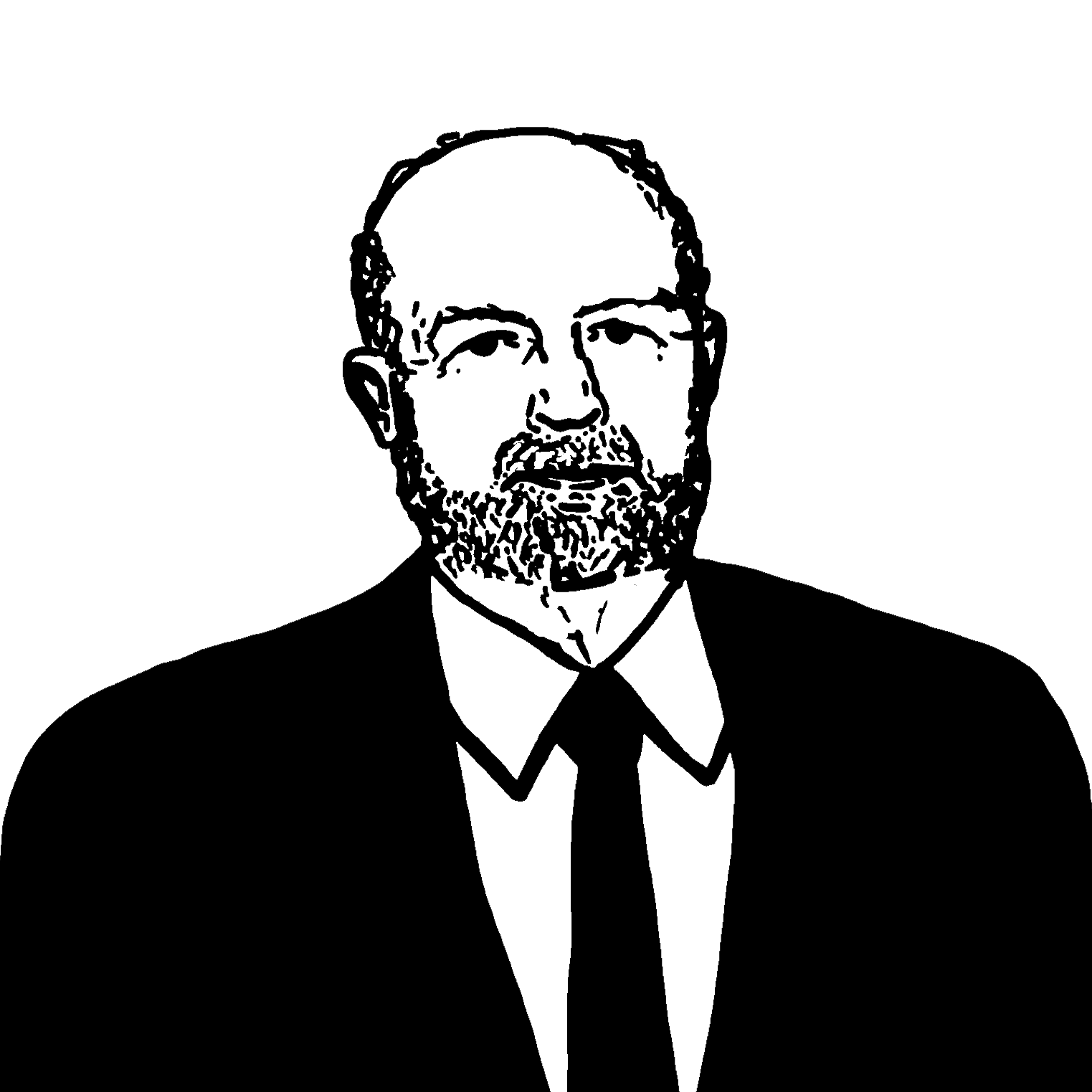
I'll send then drafts and get responses from them that are almost always helpful. And they're helpful in terms less of my being able to meet what they might have preferred to having what they've said to me help me prefer what happens once I make the revisions...there've been a couple who are new in the last 4 or 5 years on this most recent books—colleagues.
More from James McMichael
I used to write a lot of letters. They used to be a way I would warm up. But I remember when I was working on The Situation of Poetry, I would warm up with a routine where first I'd write a letter or two, maybe three, and that would somehow make me feel I was working. Then, to glide into working on a poem or in that prose project—it was somehow made easier. And, I used to get a lot of letters, and I used to send a lot of letters. I still do once in awhile, but electronic has taken over.
More from Robert Pinsky
When I'm responding [via email] to somebody's manuscript...I will write them a letter, essentially the exact same thing I would have been sent through the mail.
More from Michael Ryan
I have one very dear friend, Nancy Knutson who had been in the program with me, she also wrote fiction, and for a long time, every Sunday morning she was in—she moved to New Mexico—we'd call each other up and talk about poems back and forth. Rachel Loden is another person that at times we'd exchange work.
More from Stephanie Stickland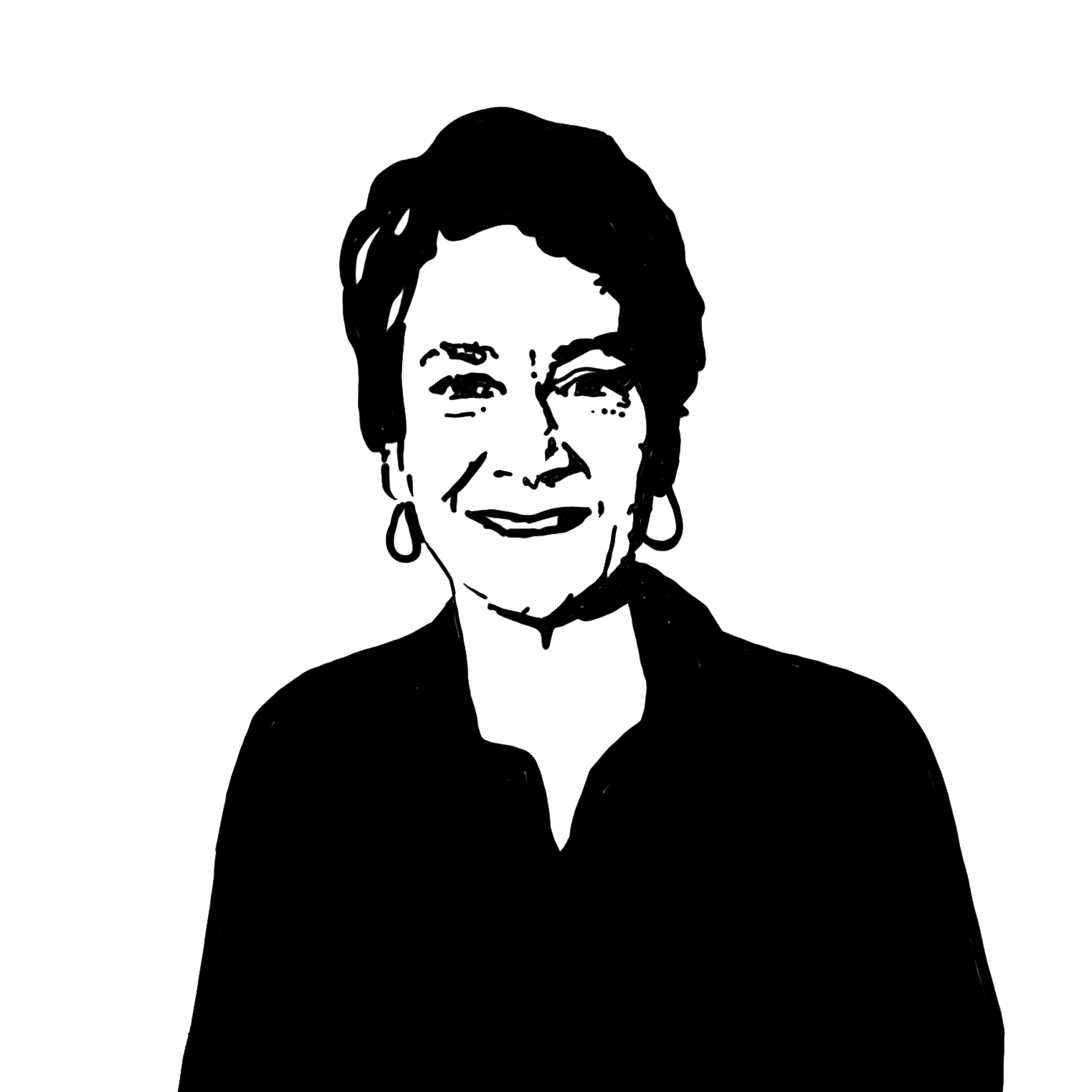
Well, like I was telling you with that first book of poems, I've kept all the letters that he wrote to me about revision. I don't know, they just… They're very dear to me that somebody took that kind of time with me. And then I have a good friend who's a poet. I think I mentioned her to you...Jennifer Boyden. And she really loves the physical letters, and I've kept all her letters that she's written me over the years. And it just always seems like just the idea that somebody is writing this JUST to me, you know, this three page letter with her thoughts and ruminations about things and they're just so beautifully written; that she would take the time to do that, you know, it seems like a treasure thing.
More from Nance Van Winckel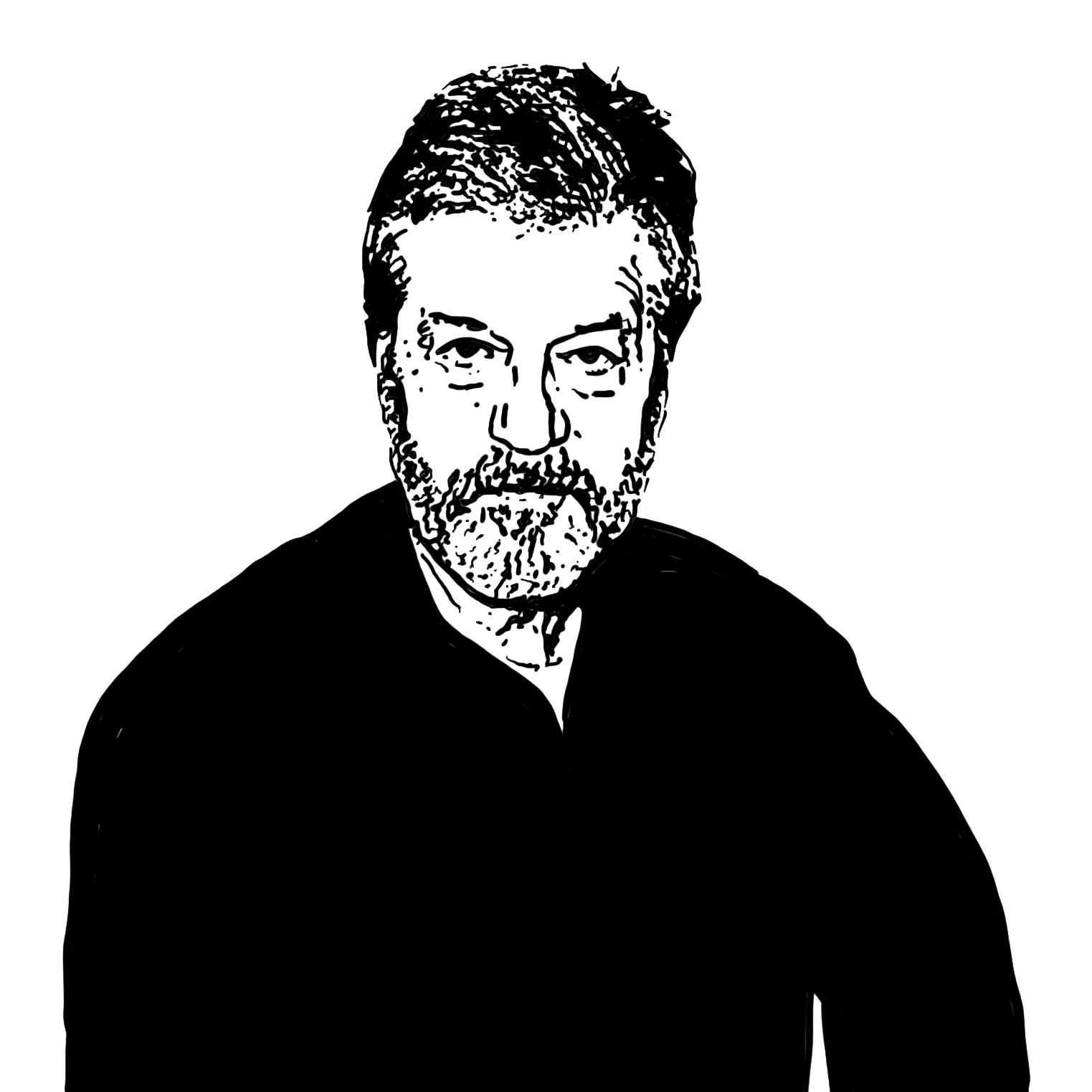
I wrote a lot of letters. Letters were kind of the way I warmed up when I would get into my writing space here. Or in Leonor, I had another shack very similar to this, and it was how I warmed up—I'd write a letter to somebody,sometimes to my mom, but most often it was just another poet, another poet friend. I'd write him a letter, talk to him about poems, and maybe send him a couple of poems. When email came along—there's something about putting a poem as an attachment to send to somebody that seems like more of a violation. If you put it folded in an envelope with a letter, it's a much friendlier, more intimate kind of gesture than email is.
More from Robert Wrigley